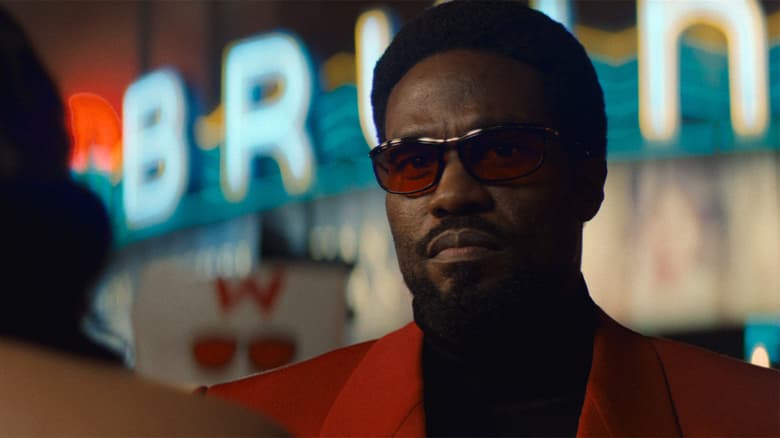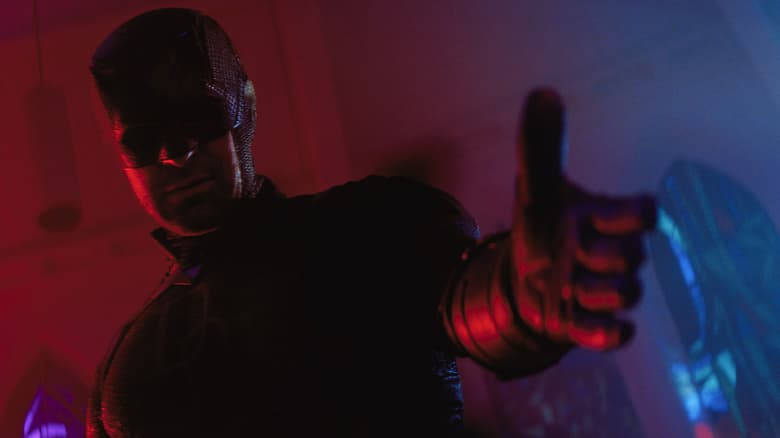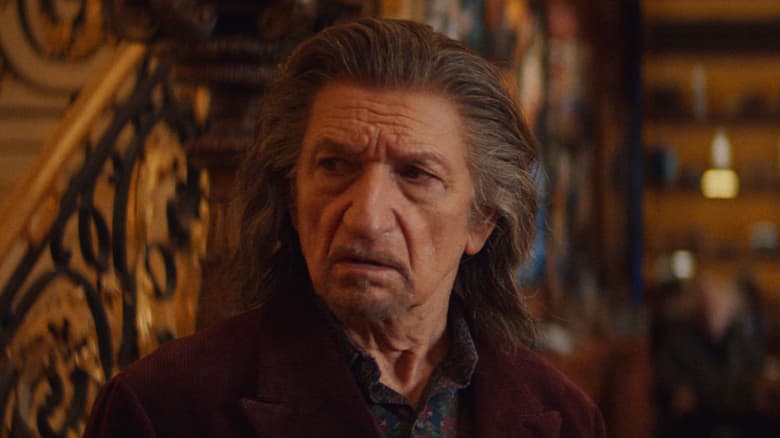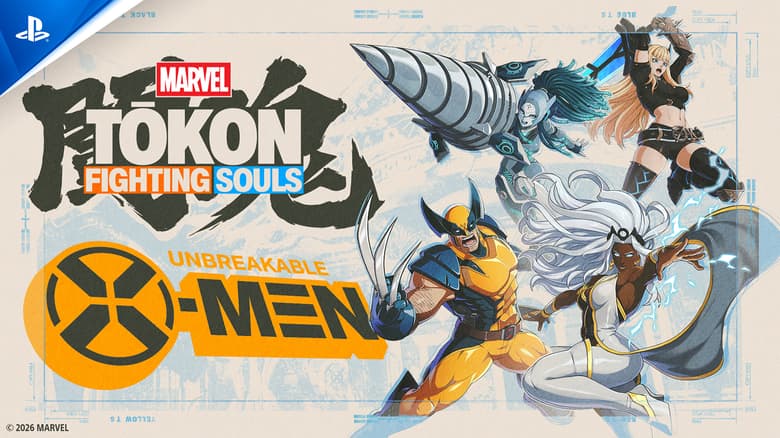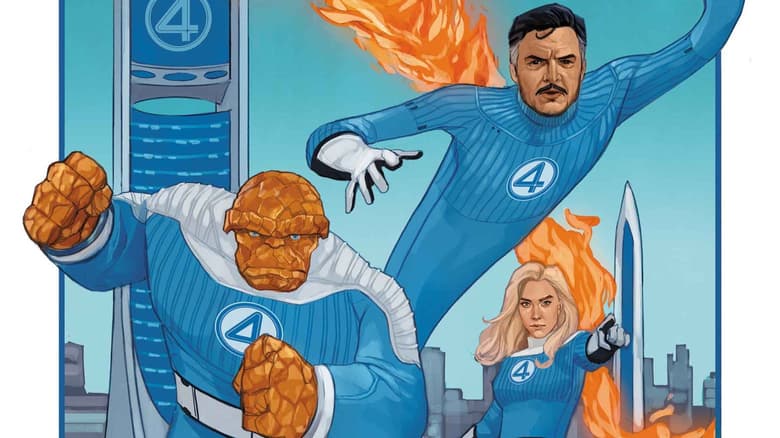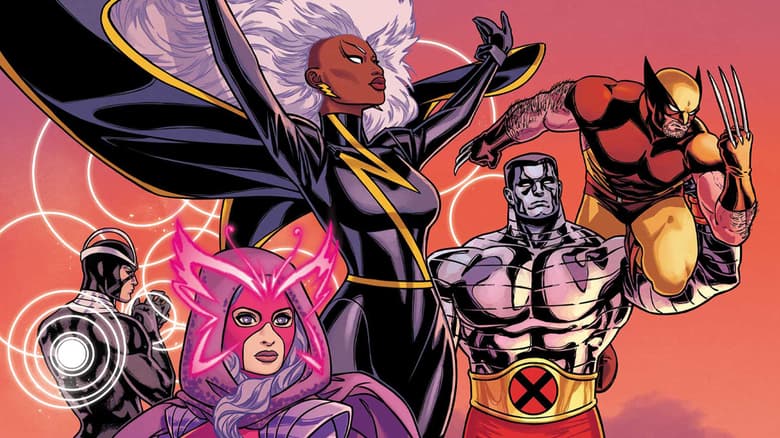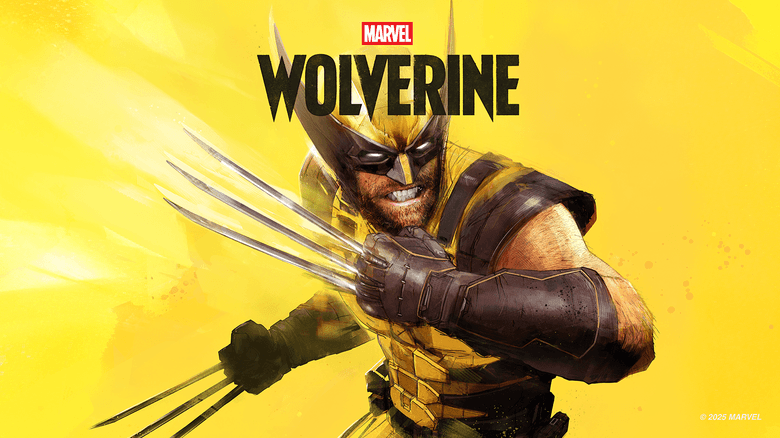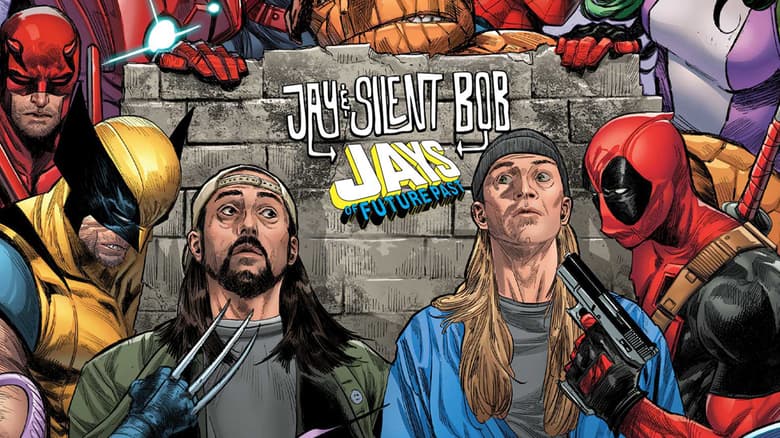Steve Orlando Propels Krakoa Towards 'Fall of X' with 'X-Men: Before the Fall - Mutant First Strike'
Writer Steve Orlando prepares Krakoa for the chaos to come with 'X-Men: Before the Fall – Mutant First Strike!'
Pride may come before the fall, but prior to the FALL OF X, the denizens of Krakoa will experience some turmoil as well. Working with artist Valentina Pinti, colorist Frank William, and letterer Travis Lanham, writer Steve Orlando kicked off what promises to be a simmering summer for Marvel’s mutants with X-MEN: BEFORE THE FALL – MUTANT FIRST STRIKE, available now.
We spoke to the MARAUDERS and X-MEN: GREEN navigator about the larger implications his stories have for Krakoa, what it was like to work in that infrastructure, how our heroes fare when facing an ideological threat, and much more.
MARVEL.COM: What do people need to know specifically heading into this MUTANT FIRST STRIKE one shot, but, more broadly, into FALL OF X overall?
STEVE ORLANDO: The good news is, you only need to know the basics! This is a book that brings together threads for people who've followed MARAUDERS, X-MEN: GREEN, and GIANT-SIZED X-MEN: THUNDERBIRD for sure, but that's additional context.
If you haven't read those? All you need to know is Krakoa, the mutant nation, appears to have attacked the New Hampshire town of Milford. But the mutants smell a con—and whether a mutant is the culprit or not, they set out to save Milford however they can. It's disaster relief, it's action, it's a detective story—all played out with mutant powers!
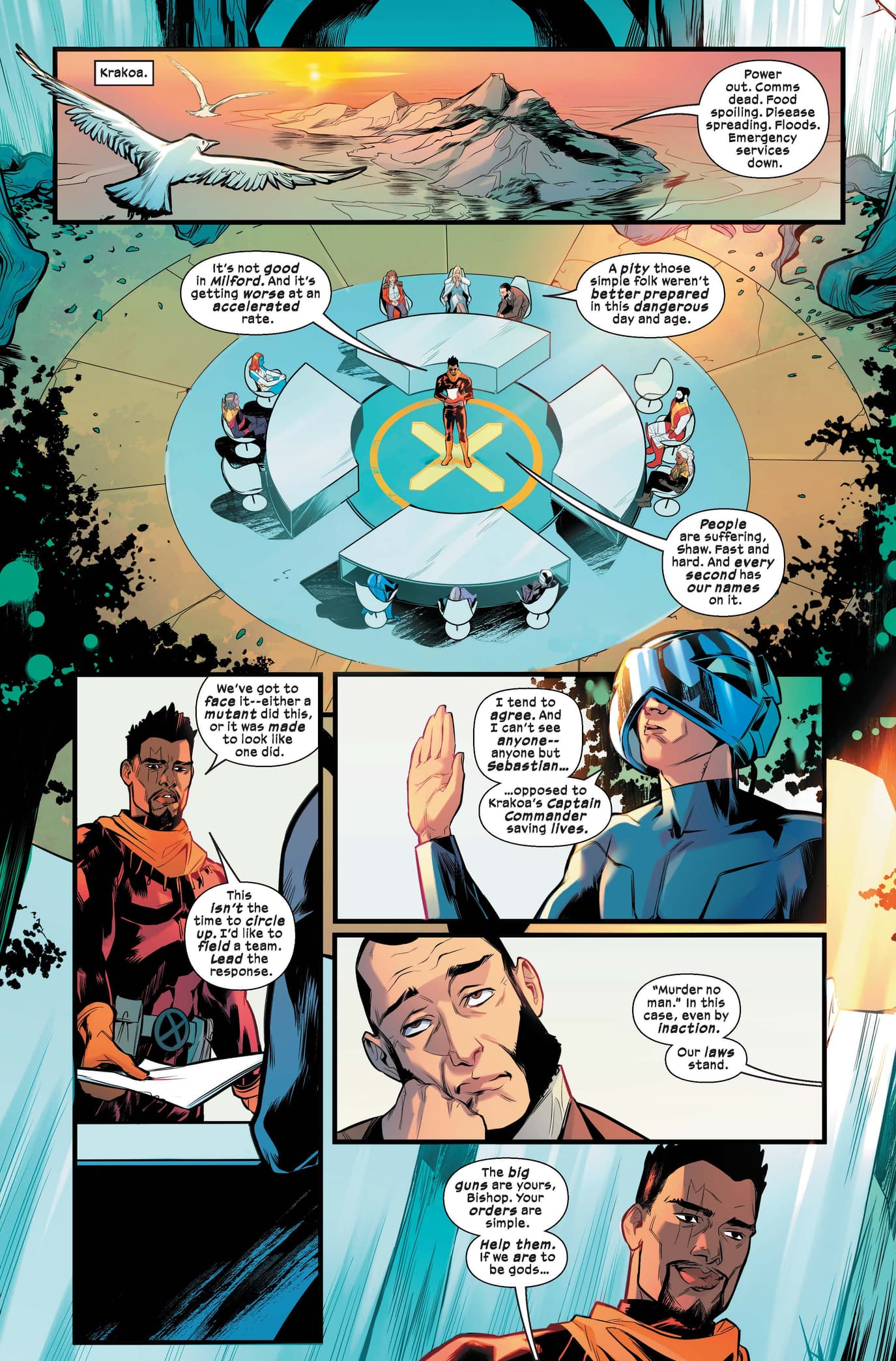
MARVEL.COM: How has your experience working as part of Krakoa been since taking over MARAUDERS and diving in?
STEVE ORLANDO: Honestly? A revelation. The energy in the X-Office is infectious, and I've been pretty open about it reenergizing my love of writing, of comics, and collaboration. Here's a group of people feeding each other's creativity, aggregating that creativity, and paying it forward in some of the best, most innovative, and dynamic books on the market. Coming on to Krakoa reminded me once again why I love this business, the same way I felt when I first stepped in decades ago.
MARVEL.COM: Why were you selected to kick off this event with MUTANT FIRST STRIKE?
STEVE ORLANDO: Only Destiny knows! And she's not telling.
Joking aside, we'd been building to a big play by Orchis' narrative petal for years, and while I wasn't the only one setting the table for that, I think my own background working disaster relief hands on made me uniquely suited for this story. I've been on the ground, feeding folks after a disaster—and for me, there weren't any mutant powers to help.
MARVEL.COM: How have you worked with your fellow writers as well as the X-Men editors, artists, etc., on coordinating this launch?
STEVE ORLANDO: For this, and for all the Krakoa books, we're always in contact. Editorial are heroes, of course, for coordinating and making sure the pieces fit together! Along with that, the X-creators are always available to each other for direct coordination, be [it] small details or large, and I think the line is all the better for it!
So I'll shoot ideas back and forth with other creators, just to make sure the characters are sounding right along the whole line, make sure big beats line up and little beats are additive and not accidental contradictions. And the same happens directly with a book's artistic creative team—we all make ourselves available for context and support, to make sure the book kicks as much ass as it possibly can!
MARVEL.COM: What themes from your work on MARAUDERS, THUNDERBIRD, and X-MEN: GREEN carry into MUTANT FIRST STRIKE?
STEVE ORLANDO: These books all add additional context to MUTANT FIRST STRIKE, but the one-shot will give you everything you need for it to stand alone as well. That being said, different themes play in depending on the book.
MARAUDERS was about challenging our characters as well as ourselves and our audience to think outside the human box and try to approximate mutant thinking, so we can explore mutant solutions to relatable problems. That's speculative fiction. And that's sure in play here, as Krakoa responds to Milford's attack!
With GREEN, we pick up the imperfections of Krakoa, [where] people fall through the cracks or may not agree with the nation's philosophy. Krakoa's a work in progress, as is any nation new or old. But here, when someone becomes disaffected, the consequences are exponentially more dangerous. Actions like those taken by Nature Girl feed into how willing the world is to believe Krakoa would attack a city without provocation.
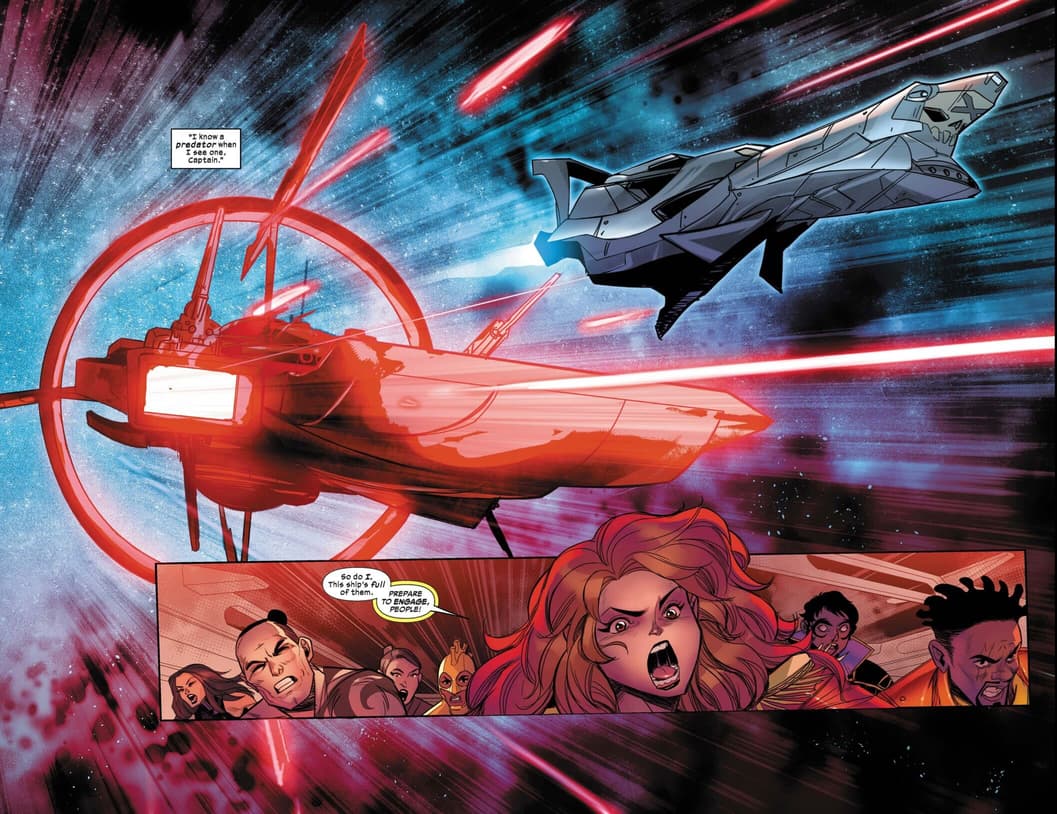
MARVEL.COM: Why tell a story of X-Men and emergency disaster services? How is this a different approach then playing them as straight Super Heroes?
STEVE ORLANDO: To me, the answer's in the Krakoan era itself. Here, we've got a mutant nation, and with that comes new expectations. Super Heroes obviously play a role in the Marvel Universe—and it's often a role that's both reactive and fleeting. It's the rescue! It's saving a family from getting robbed, etc. Disaster relief is about scale, and how you rescue a city, rescue a community, and it's also more holistic.
In general, Super Heroes don't usually stick around to ensure a better, empowered future for those they rescue. Nations respond to tragedy in a different way than Super Heroes. Here, we essentially have humanitarian superheroics. It's not that we're not Super Heroes here; it's that the response to something like Milford is so much more than a punch in the face or a quick flyby webbing of a villain.
MARVEL.COM: What kind of threat are we looking at from Orchis and how do you see their evolution since they were first introduced?
STEVE ORLANDO: This is an attack by Orchis' narrative arm—so, in essence, it's a play for the world's hearts and minds. Especially their hearts, because Orchis knows the heart can overrule the mind if a feeling is strong enough.
The narrative petal's been there since the beginning. So here, we see the next step in their ongoing and escalating plan to make the world more and more comfortable with anti-mutant hate. Each move Orchis makes is incrementally worse, in hopes that when they go big, people will already be conditioned to think it's reasonable.
MARVEL.COM: Why is a war of public opinion so dangerous to Krakoa?
STEVE ORLANDO: We hit this a bit above, but the long and short of it is that Orchis is slowly manipulating and conditioning people to accept the creep of fascism. Public opinion is dangerous because opinions don't rely on facts—the stronger they get, the easier it will be for Orchis or a group like it to do something truly terrible with little resistance from so-called human allies.
When it comes to mutants, the fear is already there when it comes to the public. The increased danger comes as that fear and that hate becomes validated, celebrated, and aggregated.
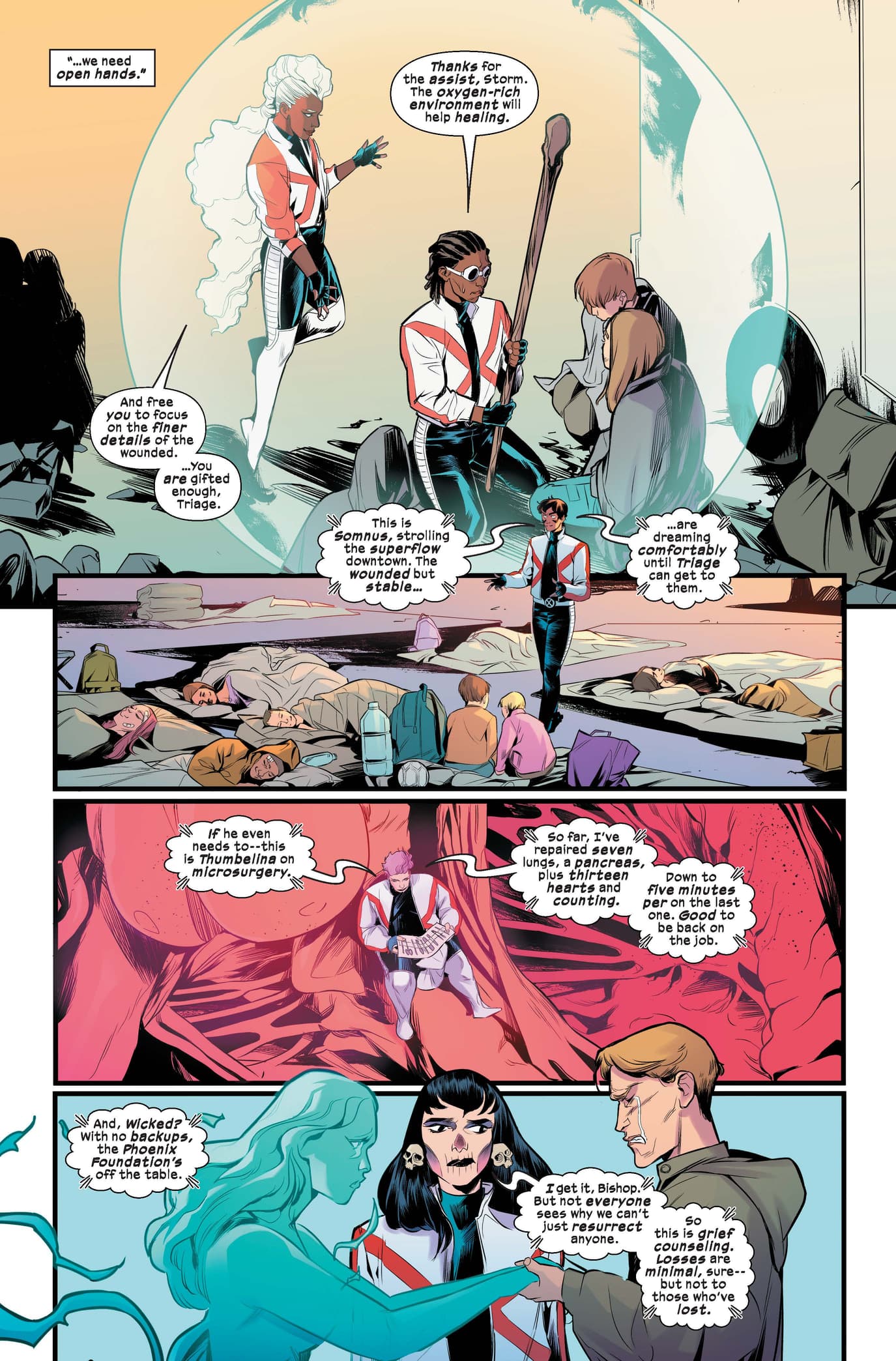
MARVEL.COM: How did you select the wide range of characters to use in MUTANT FIRST STRIKE? Deep cuts like Wicked and Thumbelina employed for very specific and practical purposes was a particularly inspired move!
STEVE ORLANDO: I think you nailed it right there! This is a nation of mutants with an incredibly diverse array of abilities, abilities that might not even be of much use on a Super Hero team. But this isn't traditional superheroics—it's about justice, yes, but also healing, rebuilding, grieving, and so much more.
So here, someone like Wicked can use their powers to give survivors the goodbye they otherwise wouldn't have gotten with those they've lost. A Thumbelina can shrink down and perform emergency triage surgery with her bare hands. Bishop is a master tactician and is also Krakoa's Captain Commander. When it comes to disaster response, it's a bit like moneyball: he's going to call up exactly who he needs, exactly where he needs, in the way they'll have the most impact.
MARVEL.COM: Bishop has been a key character in MARAUDERS, and here he assumes an even larger role, giving orders to the likes of Cyclops and Jean Grey. How has this character evolved both in your tenure with him and going even further back to get to such a point?
STEVE ORLANDO: Well! In a hierarchy sense, Bishop is the Captain Commander, so in this situation, he's in charge of Cyclops and Jean and everyone else. Bishop hasn't always been a rescue guy; he came to our time not to stop some dark future but to hunt a fugitive. But then he stayed! And in that time since, he's been a hero, he's been a villain, he's been in between.
Throughout that time, he's had an incredible drive and force of will. I think that will has been what's really evolved, and been honed. He's still a hardass at times, but he's learned there are other ways to show strength than that classic '90s gruff.
As well, I think his perspective as a time traveler has changed his personal mission. He sees how the present he's living in is different from the history he learned, and for the better, and now that he's here, I think that's something he wants to protect. Bishop came here hunting Fitzroy, but once he arrived, it's our own present's potential, not his old timeline's nightmare, that drove him to be a hero for today.
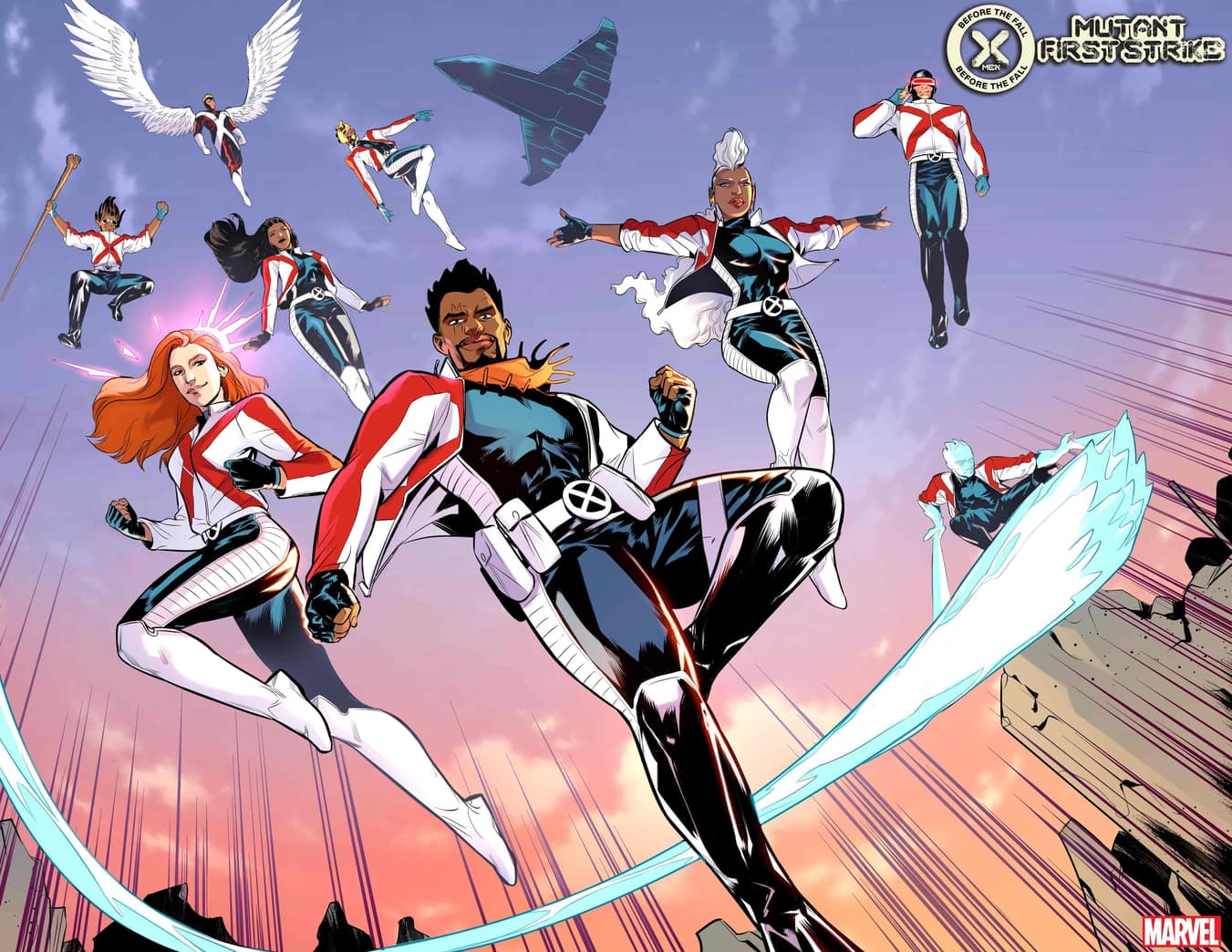
MARVEL.COM: You write an excellent Iceman and will continue to do so as FALL OF X continues. What can we expect?
STEVE ORLANDO: ASTONISHING ICEMAN has been a blast! I mean, here I was spending months teasing that my next book was "really cool," and finally we can talk about it. Look, I'll be real. The Hellfire Gala rocks Krakoa. It rocks Bobby personally. ASTONISHING ICEMAN is about what happens next.
FALL OF X changes day-to-day life for Bobby, but even so, he remains all but a god with a heart of gold. It's more dangerous than ever for Iceman to be out in the world—and that might daunt some. But for Bobby? It's almost a dare. He won't let anyone or anything tell him who and how to be. So if you tell Iceman he can't hero, he's going to hero three times as hard.
What does that mean for the book? Daring rescues that crisscross the globe. Massive, all-new displays of power. Orchis is using those closest to lure Bobby out into a trap that they hope can finally kill him—but killing Iceman's no easy task. ASTONISHING ICEMAN reaffirms Iceman as the Marvel Universe's true frozen icon!
MARVEL.COM: On that note, what can we look forward to across this event that you can reveal?
STEVE ORLANDO: FALL OF X challenges Krakoa and mutantkind in all new ways. It's never been safe to be a mutant, but it's now more dangerous than ever. And not just for mutants—for their associates, for their allies, for former artificial mutants, and soon, for other folks born different in the Marvel Universe. It's all about the Hellfire Gala, folks—that's an inflection point like no other.
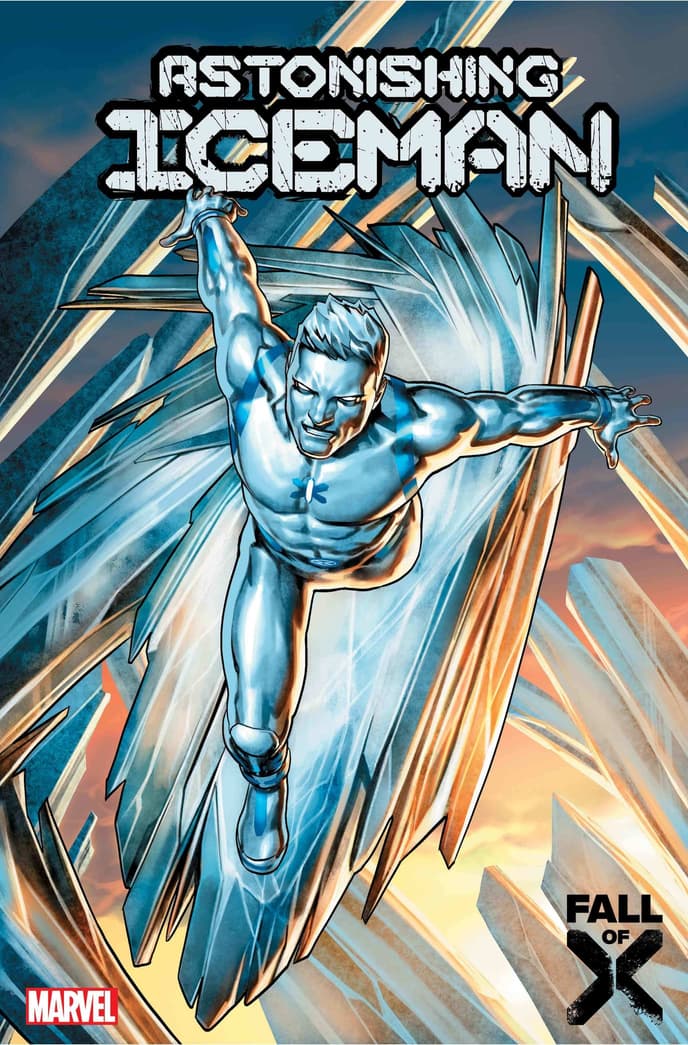
MARVEL.COM: Finally, you got to work with Valentina Pinti, Frank William, Travis Lanham, and others on this issue. What can you see about the creative and editorial team?
STEVE ORLANDO: A grand future—that's what I see–because this was an incredible team to work with! MUTANT FIRST STRIKE was never going to be an easy book to draw. It has a real world setting, a massive cast that calls for tons of reference, and nontraditional displays of power and emotional acting that are both intense and precise. It was a hustle of a script—but Valentina, Frank, and Travis all didn't just deliver, they excelled. They over-delivered!
And you mention editorial—they're the lynchpin here. Take all the moving pieces in this oversized one shot that we discuss above, and multiply it by each member of the creative team... that's an untold number of cats to herd. But Jordan White and Lauren Amaro didn't just herd them, they did it on unicycles while improvising limericks—perhaps my greatest metaphor so far for the incredible work editors do. They held this beautifully complex ship together so we could all send it out to sea, and I'm all the more thankful for it!
We've got a book I'm incredibly proud of here, something that serves up not just classic comics action, but other classic comics concepts—the new, the thought-provocative, the hopeful, and inspiring!
Start your FALL OF X experience with X-MEN: BEFORE THE FALL - MUTANT FIRST STRIKE, available now!
Grab these comics and more at your local comic book shop! Or redeem then read your digital copy on the Marvel Unlimited app by using the code found in your print comic. Find and support your local comic book shop at ComicShopLocator.com.
To read your Marvel comics digitally, download the Marvel Unlimited app for iOS and Android devices. Gain an expansive catalog of 30,000+ comics spanning Marvel Comics history, plus access your entire digital library including comics redeemed from print.
The Daily Bugle
Can’t-miss news and updates from across the Marvel Universe!
